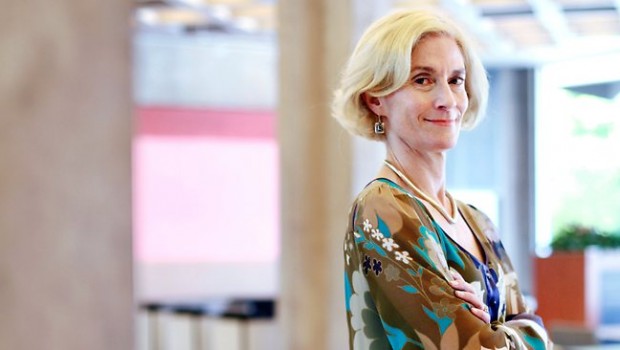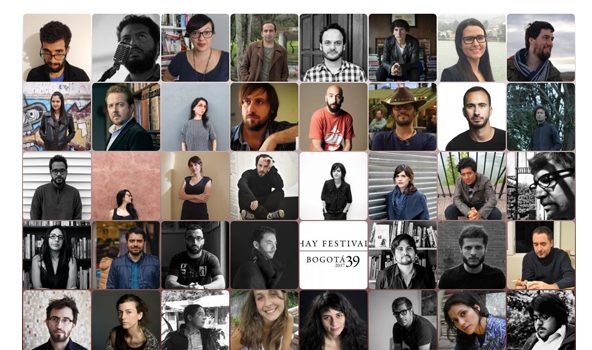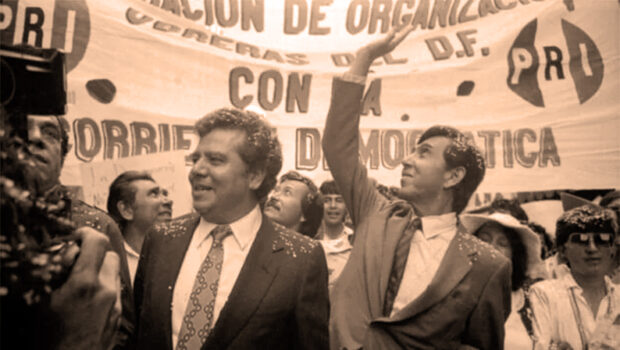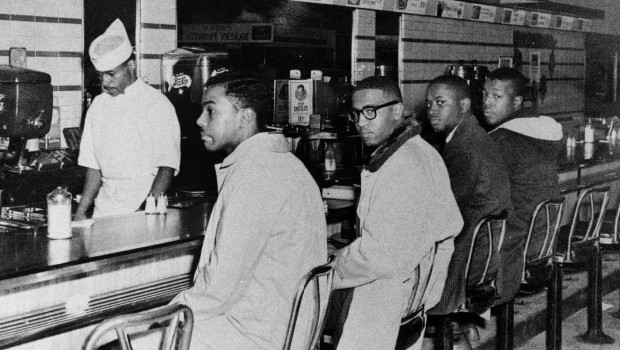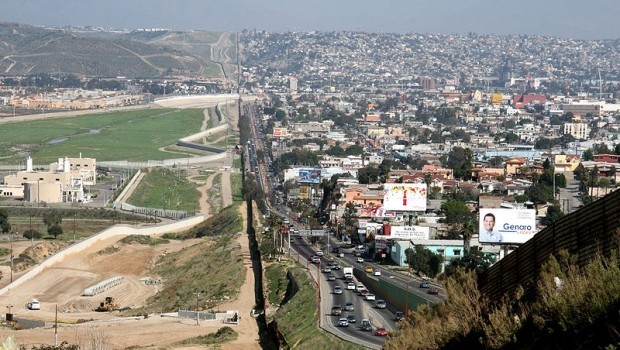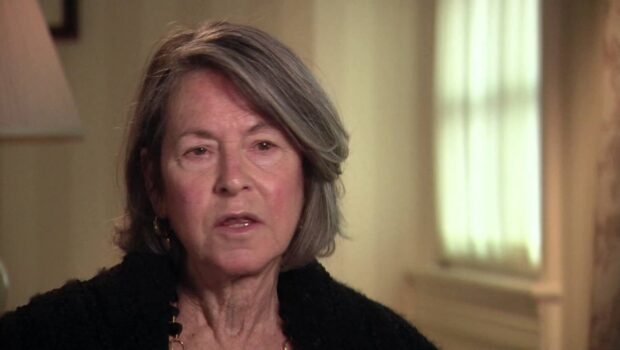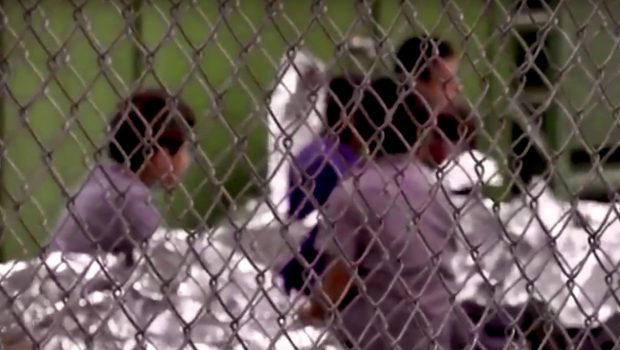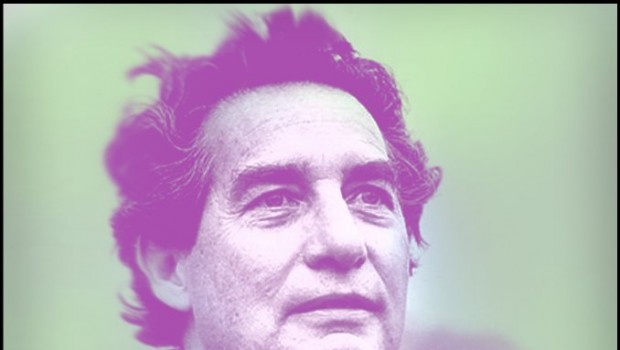Democracy: A Noble But Sluggish Horse We Need the Sting of Critical Reasoning…
Martha Nussbaum
Martha Nussbaum (1947, New York), one of the most important intellectuals of our time, has been a leading figure in the world of political philosophy in North America. She has merged the Aristotelian and contemporary liberal traditions for the analysis of the relationships between institutional powers and human capacities and lifestyles. In conjunction with Amartya Sen has elaborated models of economic development which are attentive to the conditions necessary for the well being of individuals, and she has investigated the relationships between the literary imagination and judicial systems. She took some time to chat with Literal. Latin American Voices for this issue.
* * *
Édgar Morales: Some of the topics you take on in your recent book, Not For Profit, were also addressed a decade ago at Cultivating Humanity. What has changed since then concerning your views on liberal education?
Martha Nussbaum: My views about the relationship between liberal education and democracy have not changed at all. I still believe that a healthy democracy needs an education that focuses on (1) Socratic self-examination and critical thinking; (2) the capacity to think as a citizen of the whole world, not just some local region or group, in a way informed by adequate historical, economic, and religious knowledge; and (3) trained imaginative capacities, so that people can put themselves in the position of others whose ways of life are very different from their own. Four things are new about the current book. First, it focuses on primary and secondary education, as well as university education. Second, it focuses on the arts as well as the humanities. Third, it is international, taking its detailed case studies from India and the U.S., but alluding more briefly to problems faced by other nations. Fourth, it is written in response to a different problem. Cultivating Humanity was an attempt to answer conservative American critics of new “multicultural” approaches in education; the opponents agreed wholeheartedly with me that the humanities were central; they disagreed only about how they should be taught. The new book is addressed to opponents who would rather bypass the humanities entirely, in favor of profit-making skills.
EM: At the beginning of your book, you state that “We are in the midst of a crisis of massive proportions and grave global significance”, a silent crisis, deeper than the international economic crisis. Why talking about a crisis? What were the first symptoms?
MN: I didn’t say it was deeper than the international economic crisis. I said that the economic crisis was recognized as a crisis, and this one has not been so recognized. The crisis is the drastic decline in support for the humanities, the arts, and even the social sciences as ingredients in both school and university education. The symptoms of this decline are subtle here in the U. S., where we still have an entrenched system of liberal education in top universities, supported by a longstanding tradition of private philanthropy, that sends signals to schools; however, even here the state universities, in particular, are cutting in subjects that appear not to contribute directly to the state’s economic growth. In most other nations of the world, liberal education was never favored at the university level, so it is even easier to cut departments and programs that are not perceived to be economically productive, and correspondingly easy for schools to focus on marketable skills.
EM: Is it possible that the crisis that the humanities face is paired with changes to the models of national growth, models that rewarded macroeconomic development but ignored their obligation towards human development? You even cite the criticism by James Wolfensohn, former director of the World Bank, towards these models of growth.
MN: I do not argue this way, because in fact the model of development that takes economic growth to be the single indicator of development has been the dominant model ever since development economics became a distinct field. It is the human development paradigm that has emerged more recently to challenge it. But development economics never governed national politics in the various nations of the world, because, to the extent that these nations are democratic, they respond to the needs of their citizens, and people usually want much more than economic growth. The human development model is an attempt to formalize this wider range of human needs and demands that have long been part of democratic culture around the world. What is happening now, however, is that nations are narrowing their agenda, seeing their main task as that of grabbing a larger share of the global market, and their citizens’ other demands are not being heard. In many cases, too, people just don’t make the connection between democratic self-government and a certain type of education, the type I favor. So they don’t even demand it.
EM: In the face of the technical and financial influences the society has received, you are proposing to restore the liberal tradition that procures to create citizens with a more critical view and consciousness of the complexity of a diverse world. How does this tradition relate to what you call “Socratic Pedagogy”, and what is the relationship between it and the cultivation of humanities?
MN: Every modern democracy (just like the ancient Athenian democracy in which Socrates lived) is full of rhetoric and propaganda. We only have a chance of having an adequate dialogue about matters of importance if people learn how to listen critically to what they hear, sifting arguments for good logic, sound evidence, and freedom from bias. That is why Socrates called himself a “gadfly” on the back of the democracy, which he compared to a “noble but sluggish horse.” We need the sting of critical reasoning to keep our discussions awake and alive and to avoid falling under the sway of demagogues.
EM: I ask the same question as you did in your book, “Does global citizenship really require the humanities”?
MN: I think Socrates showed that national citizenship already requires the humanities: critical thinking, and we can add to this the capacity for informed perspective-taking, thinking about the impact of one’s choices on the lives of many different types of people. When we think of global citizenship, however, the need for the humanities becomes all the more pressing. If we don’t understand the history of nations with whom we deal, if we don’t grasp the basic nature of the global economy, if we are ignorant of the history and variety of the major world religions, our dialogues with others will be full of misunderstanding and prejudice. Americans are particularly prone to believing that they can walk through life knowing nothing about any other part of the world outside the U. S., and this has been very bad for our international relations.
EM: It’s easy to agree that it is preferable to believe in a worldwide project that guarantees personal growth, liberty and the pursuit of happiness in a society where we are treated as anonymous objects, but how are the humanities guarantors of such values? Are we perhaps too trusting of that idea?
MN: I would never say that the humanities are “guarantors.” They occupy only a part of a young person’s life. Other parts are occupied by life in the family and the peer culture, which may pull against the values a person is led to by liberal education. For this reason the German philosopher Fichte thought that children should be taken away from their parents at an early age and put in government boarding schools, so that the influence of the family would not compete with that of the values of altruism and solidarity that he wanted to promote. I do not agree: I think that the family is usually the best place for children to grow up, and yet it often teaches values that compete with the values of human rights and respect for human dignity. All the educator can do is to offer a way of structuring one part of a young person’s life, and then one has to hope that this part influences the rest. But, as I say in the book, we are contending against powerful forces in the human personality that favor deference to authority and to peer pressure. Fortunately, the human life cycle helps us: teenagers like to criticize their parents, and Socratic values can get a toehold in this very natural rebellion against authority – if teachers do their job well. One important thing is that the humanistic education has to address the culture’s particular blind spots and prejudices: people are all too capable of what psychologist Robert Jay Lifton, discussing the Nazi doctors, called “splitting”: treating one group as full human beings while at the same time treating another group as mere objects. We have to be alert to this danger, and think about education accordingly.
EM: Is the use of words as charged as soul or internal eyes accidental or deliberate? Is this the type of vocabulary we should use in secular societies when we speak of the growth of a person?
MN: I say immediately that I use the word “soul” in a broad inclusive way, one that includes both religious and non-religious people, all those who believe that humanity is an end, not a mere means. This was similar to what the framers of the Universal Declaration of Human Rights said about their notion of human dignity, and I think we need such a notion to make clear that we think of each and every human life as something precious and deep, not a mere tool of economic benefit. As for “inner eyes,” that was the brilliant term used by African- American novelist Ralph Ellison to criticize the obtuseness of the white society around him. His novel is called Invisible Man because the hero is invisible to the inner eyes of white Americans: they don’t try to imagine his experience, they don’t think of him as a full human being with depths of experience.
EM: On what do you sustain that emotions are taught and to what extent can they be corrected to the end of guaranteeing genuine democratic coexistence? I am thinking, for example, of Arizona law SB1070. Can we expect a change of attitude in the more radical sectors if a humanistic re-education was promoted? How would that be?
MN: There is general agreement among psychologists that emotions have cognitive components, and are in that sense shaped by social norms. Human nature does contain some strong tendencies, but these tendencies are always mediated by social norms, and thus can be at least partly shaped by teaching. Disgust has evolutionary roots, but the practice of teaching young white children to feel disgust at the bodies of African-American people is socially taught, and it can cease to be taught. Even though American society is very racist still, I don’t think that many people believe what my father (a partner in a Philadelphia law firm, but born in Macon, Georgia) believed, namely that if an African-American drinks from a glass that contaminates the glass and one cannot use that glass again. Such beliefs are no longer transmitted. I think that panics over immigration are more difficult to resolve, since they involve people’s legitimate worries about their own economic future, and they also involve the perfectly reasonable idea that people who break the law should suffer a penalty. What a humanistic education should do in this case, I think, is to give people a full picture of how the U. S. economic system works, how dependent it is on illegal immigrants. People who know all the facts usually end up, even if very conservative, in the moderate position that former President George W. Bush was in as governor of Texas, and even as president. To the extent that opposition to immigration is based upon stigmatization and disgust, that is a separate issue, to be addressed by the reshaping of emotions such as disgust and shame.
EM: Last but not least, what is your proposition in reference to the liberal education centered in the cultivation of the arts and humanities? Is there room for illustrated optimism in the midst of the throws of economic power struggle?
MN: I’m not quite sure what you are asking here. I propose that these elements of education be strengthened at all levels, from primary school to university. And I think that there is reason for optimism at the university level, at least in the U. S., since our liberal arts system is still strong and still attracts strong financial support. This being the case, a signal is sent to the schools that they need to teach what the colleges value. Still, we need to be vigilant, because there is a lot of pressure put on schools these days to be narrower and more tailored to short-term economic payoff. In other countries the changes I deplore have progressed further (Korea being a shining exception), and so in those cases optimism is not so clearly called for. But I wrote this book because I thought it could make a difference, and the response from all around the world has been very supportive.
Posted: April 23, 2012 at 6:37 pm


